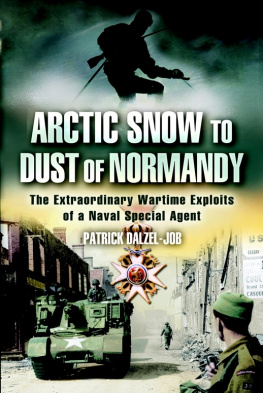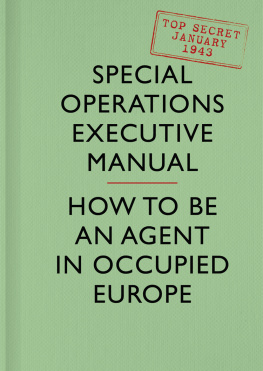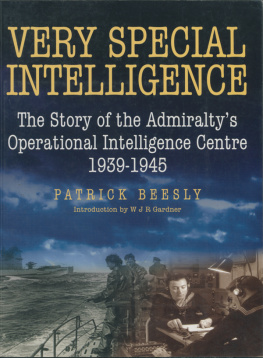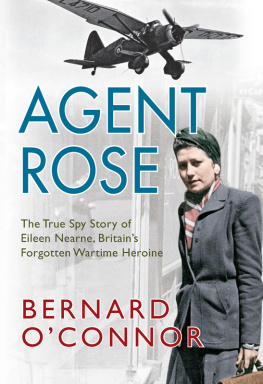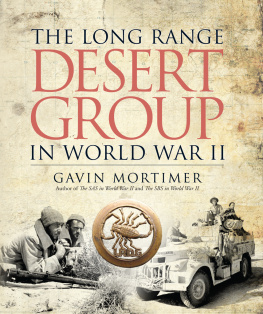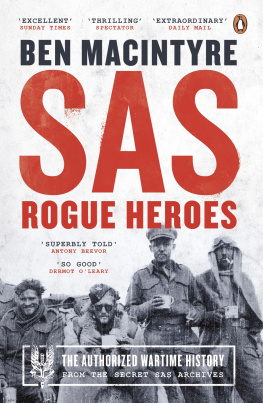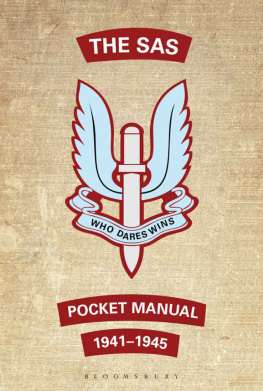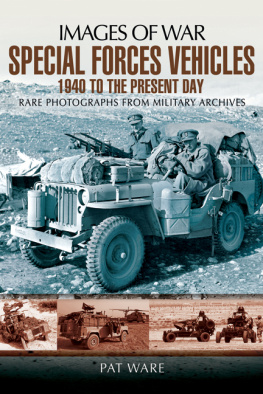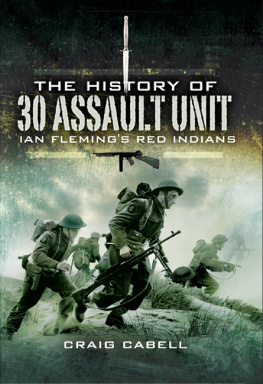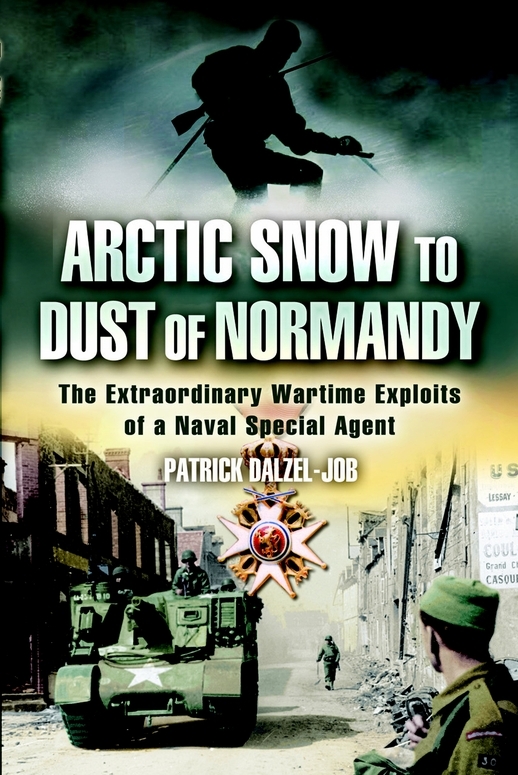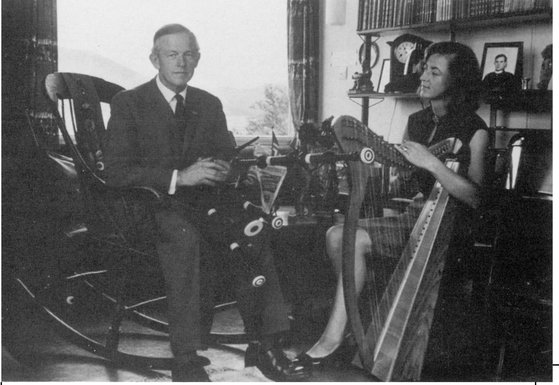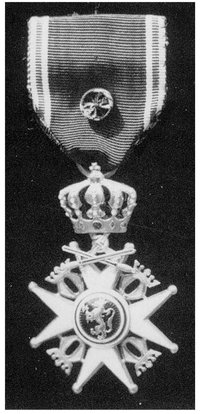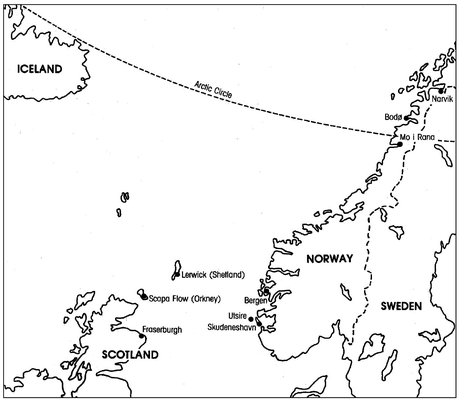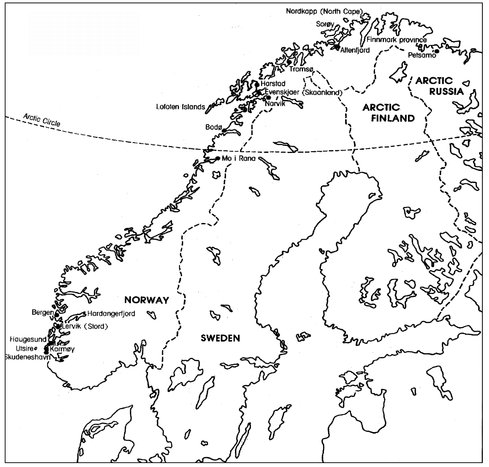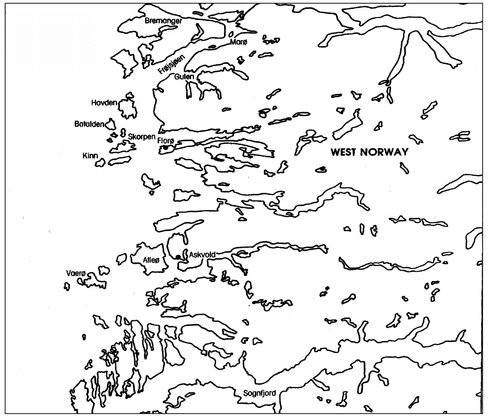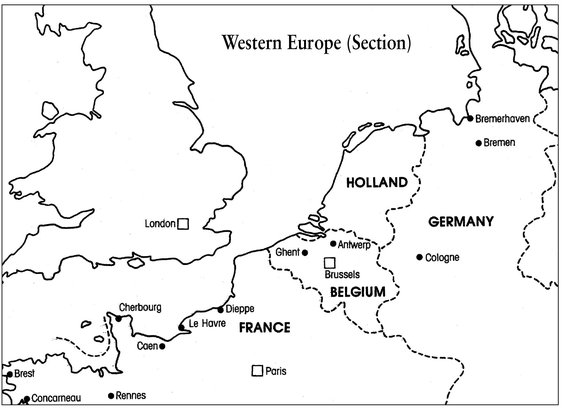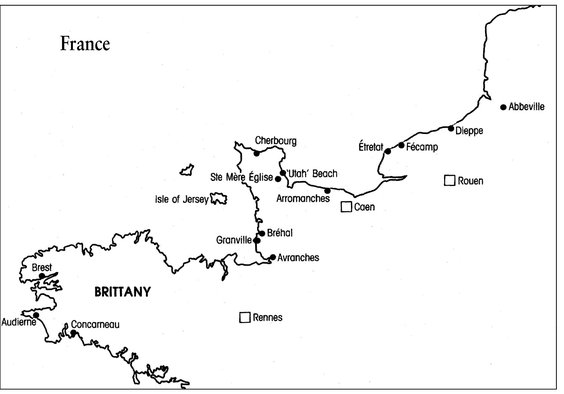Appendix
Meeting of the Town Council, Narvik on 29 May 1940 to consider the evacuation of all civilians.
(Extract translated from Fjellene Venter (Gyldendal, Oslo, 1946) by Theodor Broch, Mayor of Narvik in 1940.)
It was decided that we must get boats. We could no longer wait. During the meeting there was a commotion in the hall. A British officer wished to talk to me. He was a young man in a soiled coat and steel helmet. He was Lieutenant Job Patrick Job he said. He spoke an unusual Norwegian dialect.... He said that haste was necessary and he had come to help us with the evacuation of civilians. He had boats.
We told him that if he had come from heaven he could not have come more opportunely. He smiled, a little embarrassed, and said that he came from the Royal Navy and he thought that our plans about evacuation were very wise. He had come to do what he could for the civilian population. The bombers would come back, that was certain. He had boats waiting. They would come to Narvik in small groups. They carried a special mark. The skippers were all right. The first group was ready on the other side of the fjord. He would go down to a little quay in Vasvik and wave a yellow flag, and the boats would come. Even if it was midnight, we must start at once; three hundred women and children in the first two hours.
He had seated himself on the edge of the Directors desk, swinging his legs. Without his helmet he looked even younger, with fair, unruly hair and a sunburnt boyish face.
I think that most of us unconsciously compared him with the victory-certain warriors who had just been driven out of the town. They also had been young and eager, but in a different way. This was a college youth, still a little diffident as an officer. He had come to help us and to protect us. Was this the decadent England which thought only of itself?
We asked how the war was going. Awful; but now what about passengers for my boats?.... All drivable vehicles were sent for cargo and Lieutenant Job stood at Vasvik and waved his yellow flag. The boats came over, one after another, and got their cargo of sleepy children and overwrought mothers. We had to control the luggage; they could take only what they could carry.... Job smiled to the children, was courteous to the mothers, and cursed the skippers on board and any people on the quay who were not quick to help. His curses were real enough.... We had two good days. The evacuation continued. Job stood on Vasvik quay and waved his flag, and the boats came for their cargo.... By 10 p.m. each day we had to have several hundred women and children ready for Lieutenant Job....
On 2 June, the bombers came...
Epilogue
As I have written earlier, I have received three memorable compliments in my life. The first came from Ginger Boyle (Lord Cork and Orrery) after the landing of the Expeditionary Force in North Norway; the second came from the wounded soldier of the Foreign Legion near Narvik; the third came many years later.
Bjrg, my blue-eyed girl from the Arctic, was the perfect naval wife when I was with the Canadian Navy after the war so everybody said. We had many interesting and indeed often very exciting experiences together. Bjrg was always without fear. Our only son spent his childhood with his mother in a remote log cabin in the Canadian bush; later in life he was to be a Company Commander in the Battle of Mount Tumbledown in the Falklands.
In 1960, after Canada, we came back to settle in the West Highlands of Scotland. In her Arctic home-town, the only gardening that Bjrg had known had been her mothers indoor house-plants, but she turned our totally neglected five acres by the shore into a woodland garden visited and admired by thousands of people from all over the world. Until the onset of her terrible illness, she was out in the garden every day at dawn. I was only the gardeners boy and handyman.
Patrick and Bjrg in their West Highland home in 1967.
Bjrg was the village Brown Owl, loved by all the children as she loved them. She organized the girls section of the Duke of Edinburghs Award and Meals on Wheels for old people who also loved her. She sang in the Gaelic choir and was well known to most of the great pipers of the world; the music of the Highland bagpipe, which she had first heard played, very badly, by me when she was twelve years old, was her greatest interest in life. Her spoken English was, if anything, better than mine, and I relied on her for the correct spelling and pronunciation of difficult English words.
One summer day, only a few years before Bjrg died, some idiot visiting our woods threw a lighted cigarette into the peat bank by the shore. By the time that the sweet-smelling smoke was noticeable at the house, the smouldering fire had taken hold and was spreading fast. We rushed with pails of water between house and fire and sea, but after an hour of this hard labour we knew that we could do no good by ourselves. Bjrg telephoned for the fire brigade.
The Knights Cross of St Olav which was awarded to Patrick by the King of Norway with the kings personal thanks.
In an astonishingly short time, the fire engine arrived at our top gate. They were all retained firemen, not regulars, and had to gather from their places of work before driving six miles along a narrow and winding mountain road. In charge was big Freddie, our Scaffie (dustcart driver), who was also vice-chairman of the local British Legion branch. They manhandled their very heavy portable fire-pump down through the woods to the shore, and pumped two thousand gallons of seawater on the fire.
While I was away inspecting the damage, Bjrg apologized to Freddie for calling them out but said she did not think I could have been expected to do any more; I had been working very hard at the fire for an hour.
Ay, said Freddie, hes a tough old bugger.
MAPS
North-West Europe (Norwegian Sea)
North-Eastwards to Norway
Norway was calling me. By 1937 I thought I knew enough to cross the North Sea and in July of that year Mary Fortune sailed from Fraserburgh in North-East Scotland. All through the first day we passed score upon score of fishing craft, provoking a lively interest. Later, we sailed across an empty sea, bounded by a hazy blue horizon. The schooner carried jib, fore-staysail, fore-topsail, main-staysail, mainsail and main-topsail, but she made slow speed until dusk, when the wind freshened from a greying southern sky. By nightfall we were carrying nothing but the jib and square fore-course, reaching fast with a rising sea. I lashed the tiller and dozed beside it as we rushed onwards into the night.

